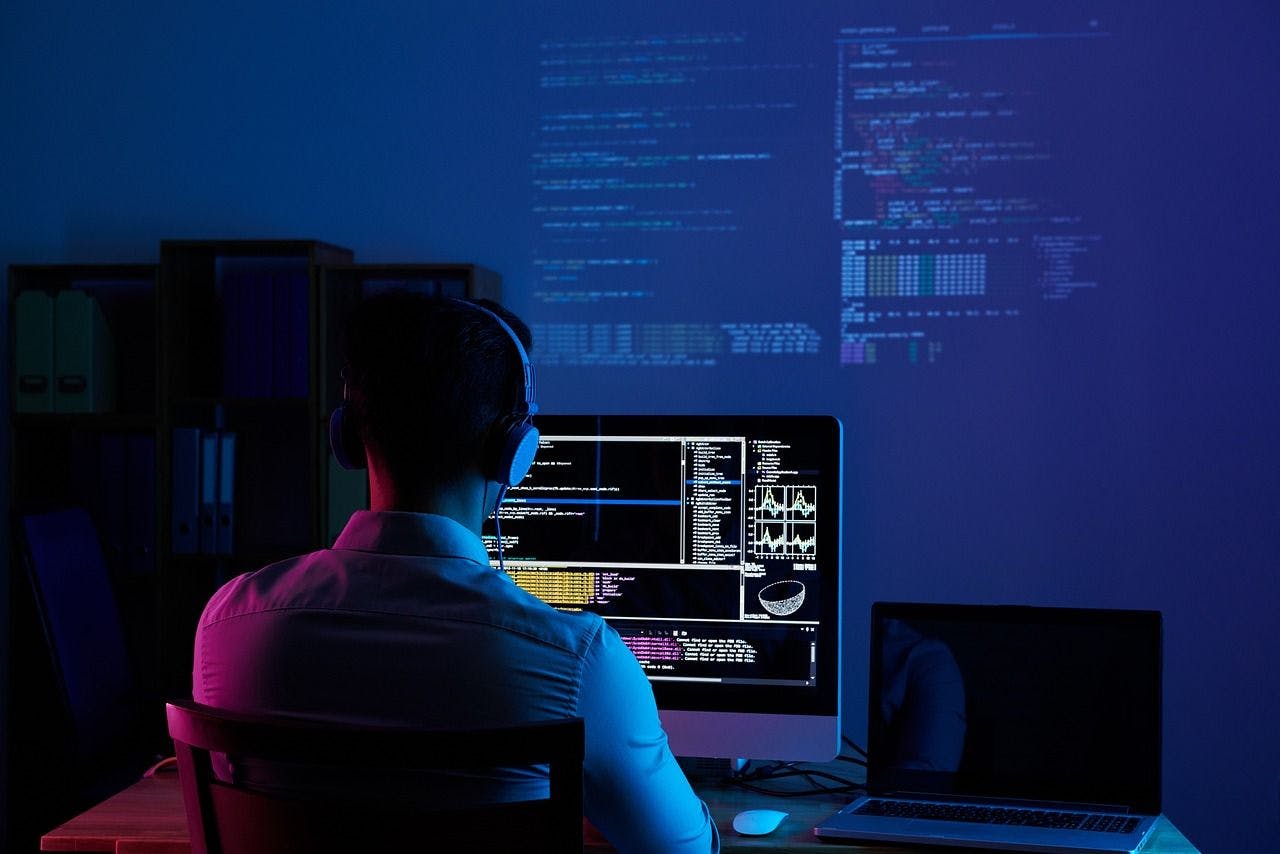16,260 reads
The SaaS Apocalypse and How aI Will Give Birth to One-person Tech Giants
by
October 3rd, 2024
Audio Presented by

Building an AI Software Engineer, that works. (Co-founder of Lovable) Prev. CERN, Sana Labs, Depict.ai (top YC company)
Story's Credibility

About Author
Building an AI Software Engineer, that works. (Co-founder of Lovable) Prev. CERN, Sana Labs, Depict.ai (top YC company)
